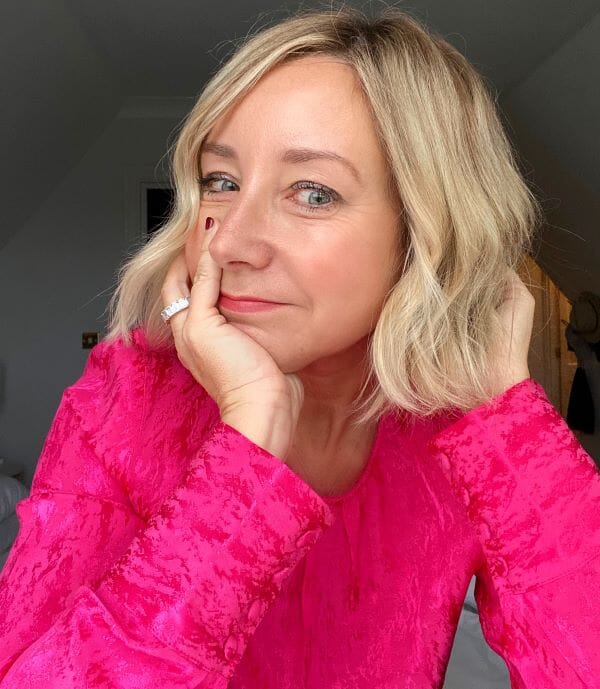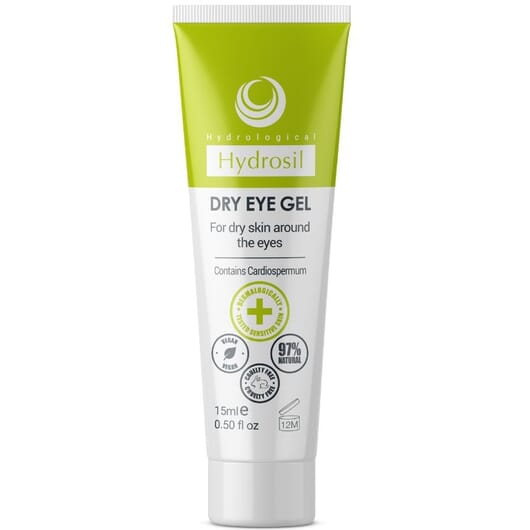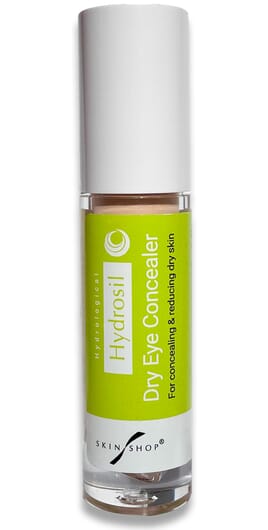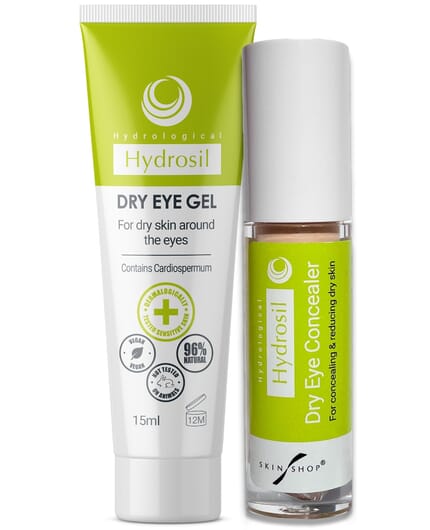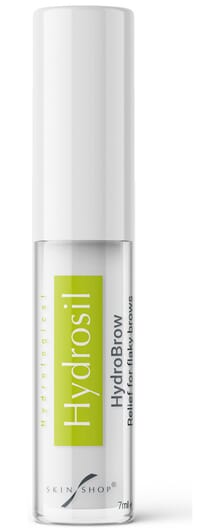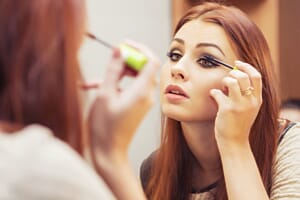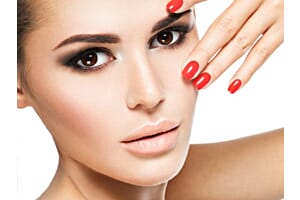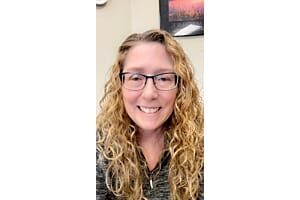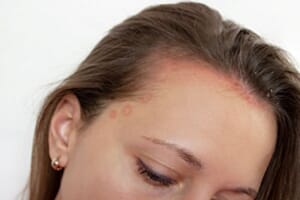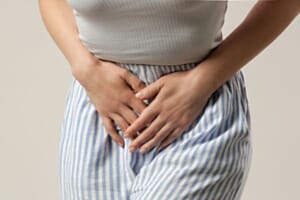Perimenopausal Eye Eczema sufferer and mum of two Jane, 50, from Kent is a fashion blogger.
Jane says;
“I’ve always had slightly sensitive skin around my eyes. However, as I entered the perimenopause about six months ago what used to be a bit of irritation around my eyes turned into full blown eye eczema that was much worse than anything I had experienced before. Instead of lasting a few days, it lasted for months and the skin around my eyes became incredibly painful, very irritated, red and swollen.
At the time I didn’t link the perimenopause to my eye eczema because at no point did any of the doctors I saw say there was a link. I didn’t know I was perimenopausal as aside from the situation with my eyes I didn’t really have any other notable symptoms.
As well as the irritation around my eyes, my actual eyes became dry, swollen and itchy too.

Having red swollen skin around your eyes makes you really self-conscious as it’s so immediately visible to everyone. It made me feel anxious, ugly and very down in the dumps. I became short-tempered as its quite a painful condition.
Aside from my personal life it also had a terrible impact on my job as I have to show my face regularly. It had such an impact on my life I eventually felt the need to talk about it on my Instagram.
I do a lot of fashion-based content and I’m often out at events but for a while I didn’t even want to dress up and hid away at home in a tracksuit as I felt so down about my appearance and had lost a lot of confidence in how I looked so didn’t really want to see anyone. I became a little bit of a hermit.
Aside from the anxiety about my skin, I also struggled with a growing feeling of frustration as there seemed to be no eye eczema cure. It made me feel helpless that I would be living with this very visible and uncomfortable skin condition forever more now that I had entered perimenopause.
I tried absolutely everything to try and treat my eye eczema, from different medicated creams and ice packs to various eye drops and even antihistamines.
I saw a dermatologist but they were unable to suggest anything that I hadn’t already tried. I visited the doctor about my eyes several times and was in the process of having blood tests to test for various allergies in an attempt to try and find the cause.
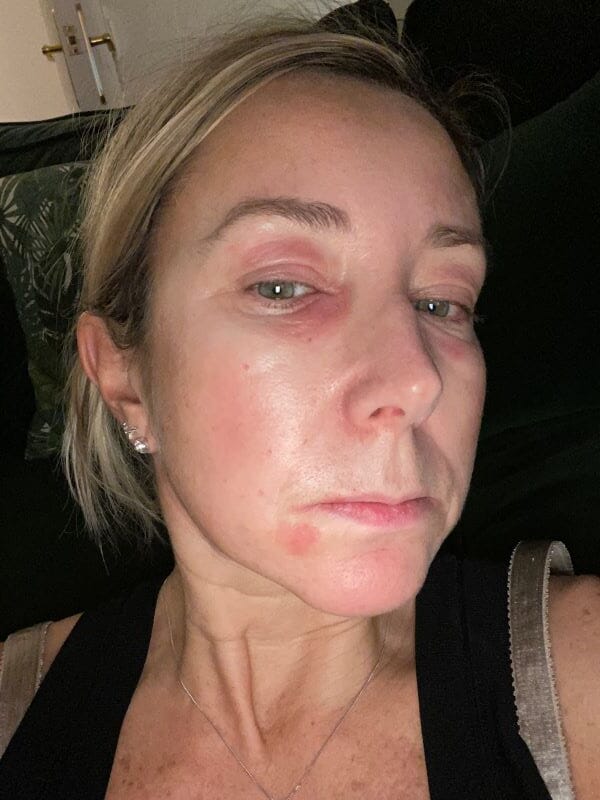
It wasn’t until I’d more or less given up on doctors and was doing my own research that I started reading accounts from women who had experienced exactly the same thing as me as they entered perimenopause, that I began to make a link between the two and worked out that I too was most likely in perimenopause. It hadn’t occurred to me that the menopause might be the cause, but when I thought about it, it started to make sense.
It was during this research and reading one of these accounts from a woman who had entered perimenopause and who developed terrible eye eczema having never had it before in her life, that I came across Hydrosil Dry Eye Gel.
Like me the lady had tried everything from the doctor and the chemist and nothing had worked until she tried the Dry Eye Gel, which she said soothed her eyes and reduced the itching and redness within days. I did a bit more research and found a few more similar reviews so decided to order some of the eye gel straight away.
I used the Hydrosil Dry Eye Gel every night and the Hydrosil Dry Eye Concealer with the same ingredients in it during the day.
Within days I noticed much less redness and irritation around my eyes. The concealer didn't clog or itch like other concealers and the eye gel had a cooling and soothing effect.
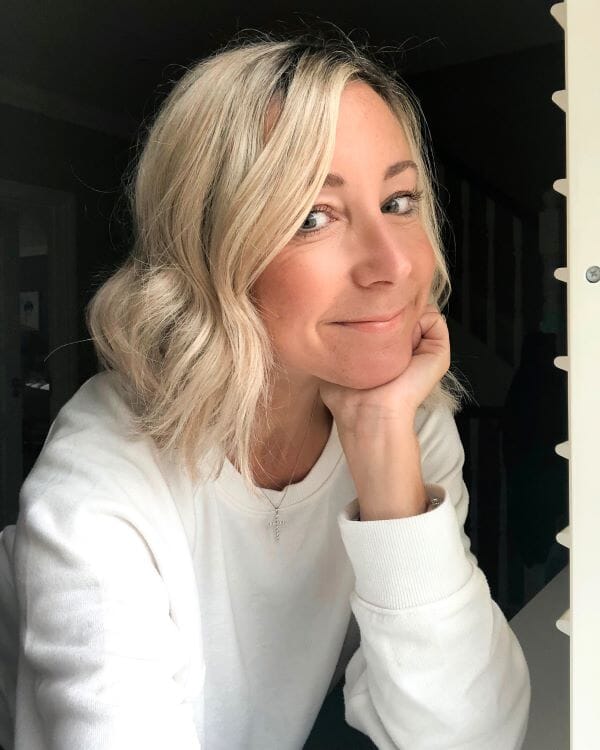
My eyes now are much better and feel almost back to normal, so these two eye products are now firmly part of my skincare routine.
At first, I used the eye gel every night but now I use it twice a week, which seems to be enough to keep my eyes calm and clear. I also use the concealer first before I wear any make up which seems to protect my eyes from any reactions.
Since posting about my perimenopausal eye eczema on my Instagram @luludumas I’ve had so many women contacting me to tell me about their similar experiences. I’m hoping that me spreading the word about my experiences will help more perimenopausal women out there with sore red eyes who are feeling as desperate and anxious as I was and that some of my advice might help them.”



